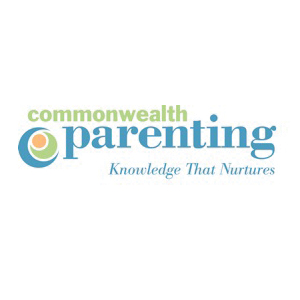Q. When my dad was in hospice, my husband insisted that our kids (six and nine) not be part of that experience. I thought then, and still think, this was a mistake and that the kids should have been able to say good-bye to their grandfather. What do you think?
A. It can be so difficult to think things out during the stress and sadness of a time like that which you have described. The answer has to do with your child, his personality and temperament, as well as the level of maturity. I think that most 9-year-olds should be able to handle a hospice visit as long as you prepare them in advance. Explain what he will see and describe the condition in which he will find a loved one. If that person is lucid, rehearse with the child what he might say. You might even want to help your child write a letter he can read during the visit in case the scene is a bit intimidating. I would keep the visit short, under fifteen minutes. I do feel strongly that it is healthy for children to learn to feel comfortable with the life cycle and this is one way to help them come to terms with life and loss.
As for your 6-year-old, again, I would look to personality and level of maturity. If you have a young one who tends to be a worrier or is easily made anxious and is highly sensitive, it might be wise to avoid putting him in this situation. The exception would be if the child feels very strongly about visiting and saying good- bye. Again the key is in the preparation so that there are no big surprises. If it is decided that a younger child is not ready to handle the situation, he too can be encouraged to write or dictate a letter, which you would read to the family member. Helping children feel comfortable with loss is a gift we give them. Let them know that you are available to answer any questions they might have and that you will give them an honest answer.
Q. My 9-month-old has become very shy and fearful around not only strangers but family members as well. She no longer wants to be held by her grandparents and cries when anyone other than my husband or I try to hold her. Is this something we should be concerned about?
A. In child development we call this stranger anxiety and it is perfectly normal. About sixty percent of infants go through a period of stranger anxiety; onset is typically between seven to ten months of age, so your little one is right on schedule! Please know that this is a phase and that it will definitely pass. Most have outgrown stranger anxiety by their first birthday. Babies take comfort in familiar faces, voices, and scents. For most, this means their mother and father. If they do not see their grandparents on a regular basis, they are less trusting of those individuals. The problem is that grandparents may not understand or remember that this is a developmental phase and they have their feelings hurt. You can do two things: show your baby photos of those family members who they do not see on a regular basis so that they continue to feel familiar; and reassure the grandparents that they should not take this phase personally.
It is important to try not to force the issue with your baby, but give her time to warm up to any adults toward whom she shows anxiety. Depending on the situation (leaving baby with a new caregiver for example) this could be difficult. If you don’t have the luxury of time, don’t be too concerned about long-term effects on your little one. It’s harder on the parent than the baby.




